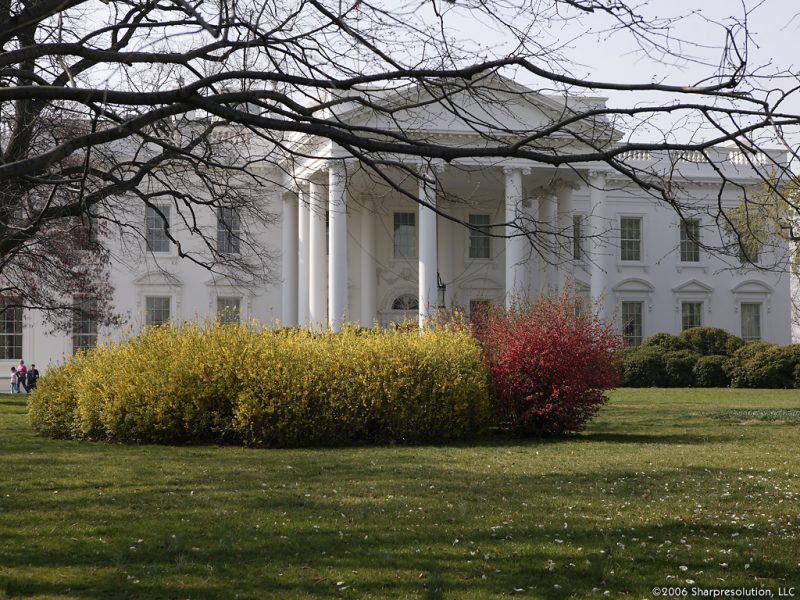
Sometimes we are discouraged by the church’s decline
Sometimes we look around and are discouraged that the work of God seems to be in decline. And it is not our imagination either. One key indicator, though not the only one, is church attendance. Stats show that the percentage of people attending church is down and that the regularity of attendance of those who attend is also down. People in general feel that the church is losing its influence. This is not the first time in US history this has happened.
But God has sent revival to the Granby area before
But the good news is that God has repeated visited our area and reversed the trend. Here are three accounts of historical revivals in the Granby area that had marked positive effects upon the churches. These are three actual accounts of Granby area revivals including quotes from eye-witnesses, accounts found in historical records. I hope they will inspire us to believe that God is able to visit us again in the 2nd decade of the 21st century.
Jonathan Edwards 1741
Jonathan Edwards was one of America’s most accomplished intellectuals and theologians. Born in what is today South Windsor, CT, Edwards became a leader of New England’s first great awakening. His 1741 sermon, “Sinners in the Hands of an Angry God,” first heard by throngs of believers in Enfield, CT is considered one of the most famous and influential ever delivered in the United States. [http://connecticuthistory.org/people/jonathan-edwards/]
“We went over to Enfield where we met dear Mr. Edwards of Northampton who preached a most awakening sermon from these words, Deuteronomy 32:35, and before the sermon was done there was a great moaning and crying went out through ye whole House…. ‘What shall I do to be saved,’ ‘Oh, I am going to Hell,’ ‘Oh, what shall I do for Christ,’ and so forth. So yet ye minister was obliged to desist, ye shrieks and cry were piercing and amazing.” – Stephen Williams
In 1747, Jonathan Edwards joined the movement started in Scotland called the “concert in prayer,” and in the same year published An Humble Attempt to Promote Explicit Agreement and Visible Union of God’s People in Extraordinary Prayer for the Revival of Religion and the Advancement of Christ’s Kingdom on Earth. [https://en.wikipedia.org/wiki/Jonathan_Edwards_(theologian)]
East Granby 1814-1815
The reorganization of the Turkey Hills ecclesiastical society coincided with the religious reawakening that swept through Connecticut in the wake of what historians refer to as the age of “free thinking and free drinking.” In a July 1815 article on recent religious revivals, the “Connecticut Evangelical Magazine and Religious Intelligencer” lists Turkey Hills as one of the societies that “had been favored with special showers of grace.”
In the autumn of 1814, Mr. Nettleton commenced his labors in East Granby. This was a waste place. The moral condition of the people was exceedingly deportable. But God saw fit to turn again the captivity of Zion. Under Mr. Nettleton’s preaching, there was a very interesting revival of religion. -Rev. Bennett Tyler
The effect of that revival upon the church, and upon the community, was most happy and lasting. The schoolhouse and private rooms were filled with trembling worshipers. A solemnity and seriousness pervaded the community, which had not been experienced for years before. – Rev. Jonas B. Clark
33 people joined the Congregational church during the year of the revival.
[East Granby: the Evolution of a Connecticut Town by Mary Jane Springman and Betty Finnell Guinan pp. 117]
Copper Hill Church 1871
In the ministry of Lemuel Richardson, in 1871 there was an extensive revival of religion, attended with remarkable manifestations. The writer, at a single evening meeting in the church, which lasted from 7 o’clock until midnight, witnessed as many as 15 persons who became apparently unconscious. Some were stretched upon the floor; others were lying or being supported upon the seats. This visitation of “the Spirit” was regarded as a great blessing, and it certainly did strengthen the church in numbers. – Charles Horace Clark
[http://historicbuildingsct.com/?cat=273]
[Revival] gatherings often attracted so many people that they had to be held outdoors. When they lasted several days, the participants camped out nearby. Thus they became known as camp meetings. There were camp meetings at various locations near Copper Hill throughout the 19th century.
[East Granby: the Evolution of a Connecticut Town by Mary Jane Springman and Betty Finnell Guinan pp. 127]
Praying for God’s Visitation Today
At Copper Hill Church we are praying and preparing for God to visit his people again. As a part of this, this Sunday we will be participating in the second area united Grassroots prayer service. This series of prayer services is a cooperative effort of our church, Life Church and West Granby United Methodist Church and the three pastors. At 6 PM, March 6, we will be uniting in prayer at Life Church. Each prayer service has a special emphasis. The first one, held at Copper Hill, emphasized prayer for our country. This coming service, hosted by Life Church, will emphasize prayer for our churches and for New England as a region. A third one to be hosted by West Granby UMC is planned at a date to be announced.








